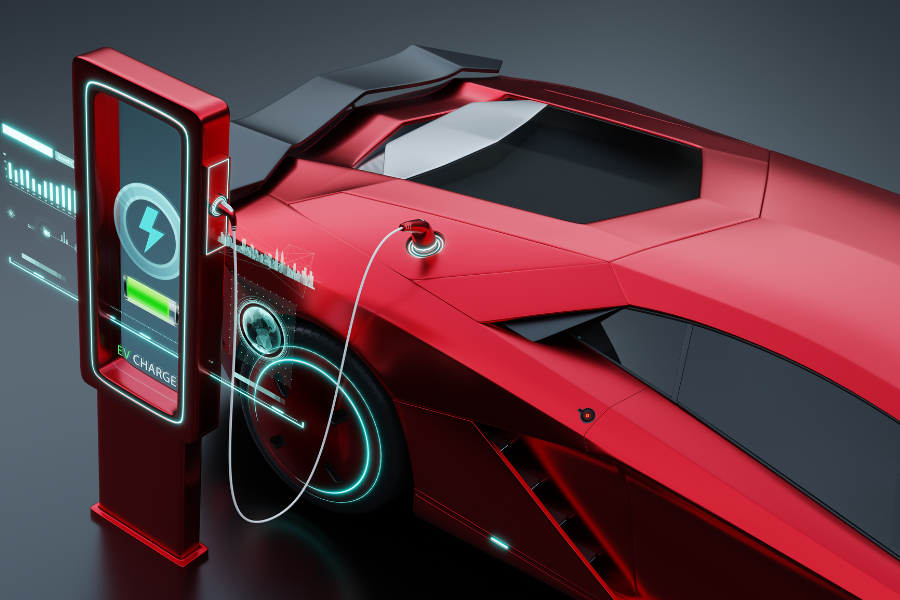Overcoming EV Range Anxiety: The Power of Mapping Solutions
Electric vehicles (EVs) have emerged as a promising solution to combat climate change and reduce reliance on fossil fuels. Despite their many advantages, EVs have faced a significant obstacle in the form of range anxiety—the fear of running out of battery power during a journey. However, integrating advanced mapping solutions with EV technology offers a game-changing approach to alleviating range anxiety. In this article, we explore how maps are becoming a vital tool in addressing this challenge and enhancing the overall EV ownership experience.
Mapping Solutions and Range Anxiety
Real-Time Range Estimation:
Mapping solutions with advanced algorithms and real-time data can provide accurate range estimation for EV drivers. These systems consider factors such as battery charge level, driving habits, terrain, weather conditions, traffic congestion, and Ergonomic factors. By leveraging this information, EV owners better understand their vehicle's range limitations and can plan their trips accordingly, reducing the chances of range anxiety.
Charging Station Location and Availability:
EV range anxiety is closely linked to the availability and accessibility of charging infrastructure. Maps integrated with charging station data offer real-time information on nearby charging points, availability, and compatibility with the user's EV model. This feature allows drivers to locate charging stations along their route easily and plan stops accordingly, ensuring they have access to charging infrastructure when needed.
Routing and Trip Planning:
Mapping solutions optimized for EVs can factor in the vehicle's range, charging station locations, and charging times to plan the most efficient routes. These maps provide drivers with route options that minimize range anxiety, considering factors such as the availability of fast-charging stations or slower charging options during longer stops. By presenting comprehensive trip plans, mapping solutions empower EV drivers to navigate confidently, alleviating concerns about range limitations.
Enhanced Navigation for EVs:
EV-specific mapping solutions can offer customized navigation features tailored to electric vehicles. These features include real-time battery monitoring, which displays the remaining charge and estimates the distance that can be covered. Additionally, these maps can identify charging stations along the route, suggest optimal times for charging based on traffic conditions, and provide alerts for low battery levels or alternative charging options in case of unexpected changes.
Integration with Smart Grids:
Mapping solutions are evolving to integrate with smart grids, enabling seamless communication between EVs, charging stations, and the power grid. This integration lets drivers receive real-time information about grid load and pricing, facilitating smart charging decisions. By leveraging this technology, EV owners can schedule charging sessions during off-peak hours when electricity rates are lower, optimizing their charging experience and minimizing range anxiety.
Mapping solutions have emerged as a powerful tool in combating EV range anxiety. Through accurate range estimation, real-time charging station information, optimized routing, enhanced navigation features, and integration with smart grids, these solutions are transforming the EV ownership experience. As the EV landscape continues to evolve, the synergy between mapping technology and electric mobility will play a crucial role in dispelling range anxiety, making EVs more accessible and convenient for consumers. With maps as their guide, EV drivers can confidently embark on their journeys, embracing a sustainable future with reduced range anxiety.


